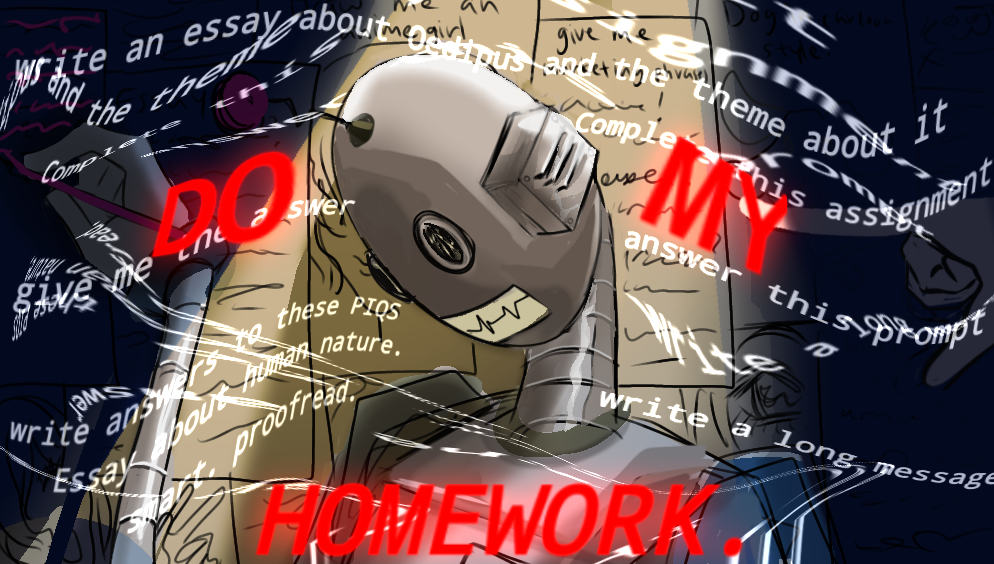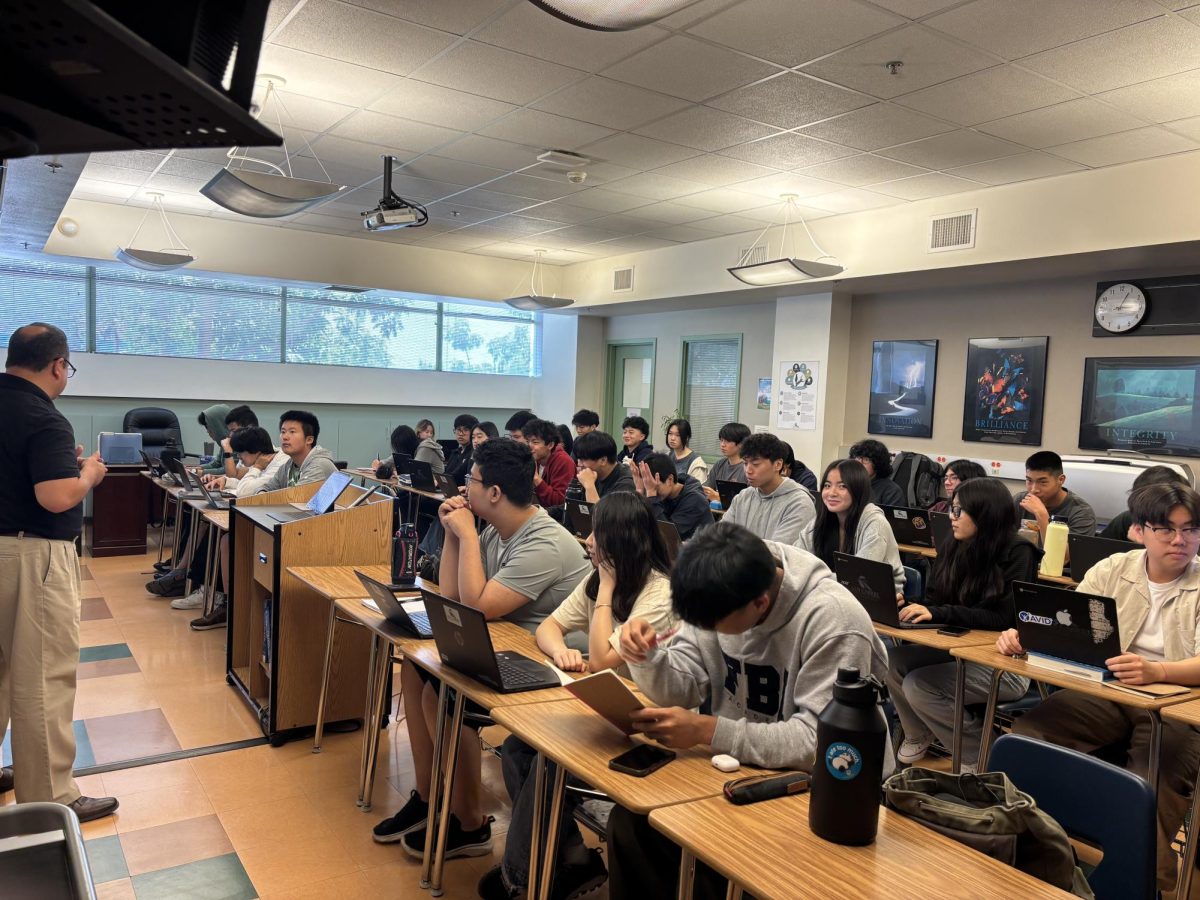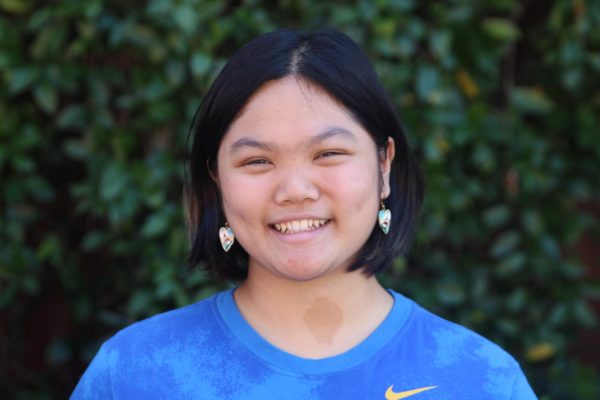While regular courses are the default and APs are often complained about, left out of the conversation is the gray area in between: honors courses. Though honors courses are currently seen as a transition to AP, they hold much more potential to engage students and teachers alike. Gabrielino High School offers an honors option for English 9, English 10, Biology, Geometry, Precalculus, and Algebra 2. Besides the math department, there are no honors options for juniors and seniors. The lack of availability of honors courses to upperclassmen shows that at Gabrielino, honors is treated as AP for underclassmen.
“I think honors is treated as pre-AP,” said AP Statistics teacher Geoffrey Barraclough. “In the math department, Honors Algebra 2, Honors PreCalc, where are they going? They’re going to AP Calc and AP Stats, although we do try to take others.”
At a school where much of the culture centers around the expectation of AP classes, all honors courses serve as a track to AP. Compared to jumping from regular to AP, honors courses’ rigor allows students to acclimate to an AP workload. As such, they are designed for underclassmen who know they want to be on the pipeline to AP courses.
Yet, the need persists for the same middle rung to be offered to juniors and seniors when the demand for and stigma around AP classes grows. Though a plethora of AP science, English, and History courses become viable to 11th and 12th graders, many students are discouraged from taking them because they are advertised as college-level and have an hour of work each night. As explained in a previous article, the unspoken truth is that this creates an achievement gap between Hispanic and Asian students.
Honors courses do not carry the same stigma. While offering more honors courses cannot alone close the achievement gap, it can help even the playing field between students who can take 6 APs and those who do not. This applies to students whose schedules can only accommodate a few APs as well as those who want to go deeper into the curriculum but are deterred by the intensity of an AP class.
“Using honors as a stepping stone might give [students] a little bit more confidence to explore the APs, rather than just jumping into it,” said counselor Jacqueline Borja. “Some of them are very hesitant. But I’m sure if I were to say, ‘Why not try this honors course?’, I have a feeling that they would probably say, ‘Okay, I’ll try it.’”
Some argue that honors teachers are harder to hold accountable because they do not subscribe to AP standards. Yet the beauty of an honors class lies in the freedom to offer a broader, deeper understanding that both the teachers and students are excited about.
“The nice thing about honors classes is there’s no pressure of the AP,” stated Linda Ho, who teaches Honors Precalculus. “The thing with AP, there’s the pressure of how many percent of your students got a 5, got a 4, got a 3.”
Lick-Weldenberg, a private school in San Francisco, recognized this, eliminating their AP courses because the need to teach to the AP test was too restricting. According to their head of school, the school now offers honors courses with more creative curriculums while being seen as equal to AP classes by colleges.
At Gabrielino, getting rid of all AP classes may be a step too far. However, the value remains in offering more honors as passion projects or as a middle ground with no expectation of AP.
The most valuable place for an honors option is for subjects with only regular and AP, like Chemistry, 11th grade English, and 12th grade English. The school used to offer Honors English 3 and Honors Chemistry. Ironically, the administration removed the choice because too many students were taking honors and not enough were taking AP.
For an Honors Chemistry class to not mimic the tracking seen in the math department, AP Chemistry must be offered only to upperclassmen.
“Most schools that offer Honors Chem treat AP Chem as a second-year course,” said Joseph Salcedo, who teaches regular and AP Chemistry. “But the problem is […] then you might not be able to double up on science.”
Though there is a tradeoff between offering more courses and room in students’ schedules, one need only look to Honors Biology to prove that honors science courses can be much more than just a lesser AP.
“I love it because I don’t have to stay surface level,” explained Laura Leyda, who teaches Honors Biology. “I feel like I have liberty to say, ‘Okay, you wanted it. Let’s go harder. Let’s go more in detail.’”
For Honors English 3, the demand existed once and may still exist today.
“It’s a good challenge from a teaching perspective because you have hungry students who want to be fed,” stated Scott Facher, who used to teach English 3 Honors and now teaches AP Literature and freshman English. “They want to learn if you’re teaching it well.”
Gabrielino’s current honors selection is a strong foundation, but it has some cracks. To better address the achievement gap, ease pressure on student schedules, and provide in-depth courses that are accessible yet taught with passion, more honors course options must be provided.









